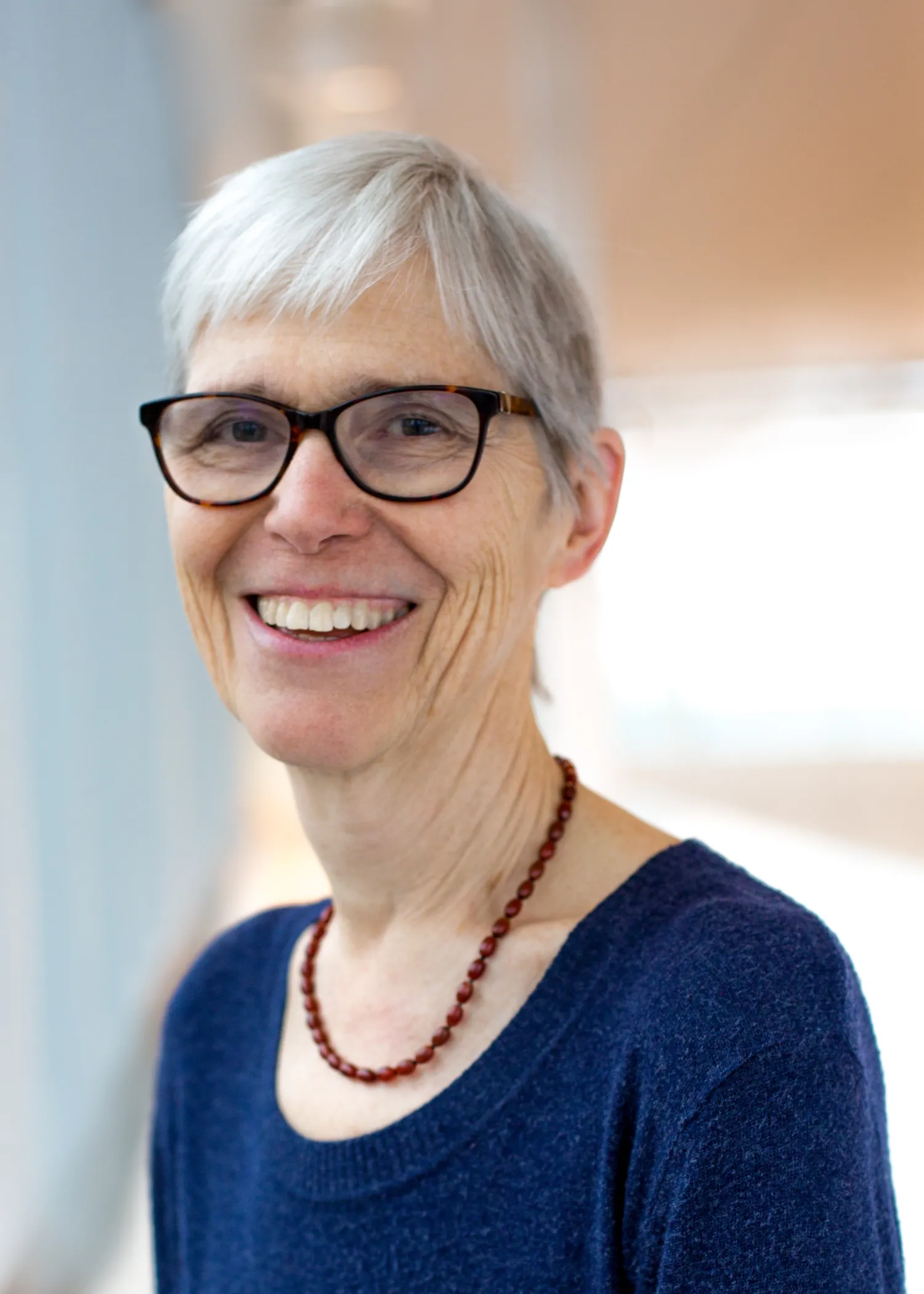In an era marked by extensive migration and uncertain living conditions for refugees and migrants, the mental health of these groups has become an increasingly urgent issue. Despite the growing needs, many do not receive the care they require. To address these challenges, a network for transcultural suicidology was launched last year. Meet Maria Sundvall, one of the initiators, who shares more about the network.
Never in modern times have so many people been forced to flee their homes, either within their own country or to another country to live in exile. Conditions in the new host countries are often uncertain, and people with a migration background have an increased risk of mental health issues. Unfortunately, these individuals do not always reach healthcare services. When they do access healthcare services, the cultural backgrounds and contexts of both the patient and the caregiver can influence the reception and treatment.
Against this background, an international network for transcultural suicidology was launched in 2023 by a group of researchers from Karolinska Institutet. The network is interdisciplinary and brings together participants from various professional groups who work with or encounter individuals with a migration background.
Maria Sundvall , retired psychiatrist earlier working at the Transcultural Center in Region Stockholm and affiliated to the National Centre for Suicide Research and Prevention (NASP) , is one of the initiators.

What inspired you to start an international network for transcultural suicidology?
"Researchers in suicidology and transcultural psychiatry rarely meet and collaborate, despite evidence showing an increased risk of suicide among some vulnerable migrant groups, certain ethnic minorities, and several indigenous populations. At an international conference a couple of years ago, Ellenor Mittendorfer-Rutz, a professor of insurance medicine at KI, proposed a paradigm shift to strengthen transcultural suicidology. This idea garnered significant interest among the participants. Following this, a group of us decided to take the initiative to bring together researchers and clinicians in the field into a network."
In what ways do you believe this network can enhance cooperation among international stakeholders?
"We can share experiences and gain knowledge about each other's fields by organizing joint workshops and seminars at international conferences. We began this initiative at the World Psychiatric Association's congress in 2023, where we arranged a joint seminar for the suicide section and the section for transcultural psychiatry within the organization. Together, we can formulate questions to work on as joint projects with participants from different countries, disciplines, and professions. We can disseminate knowledge within the research community and work to increase research, particularly in low- and middle-income countries."
What outcomes do you hope participants will achieve through their involvement in the network's discussions and collaborations?
"I hope that participants feel they gain increased knowledge about suicide in all its aspects and understand how expressions of suicide and forms of suicide prevention can vary depending on context and culture. Researchers may be inspired to ask new, essential questions about suicide. Clinicians may gain new insights and increased confidence in meeting and talking with individuals about suicide, even when there are differences in cultural and social backgrounds."
How can interested individuals or organizations join and contribute to the network?






